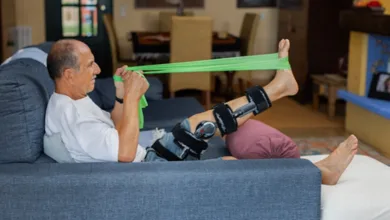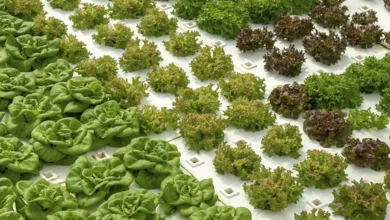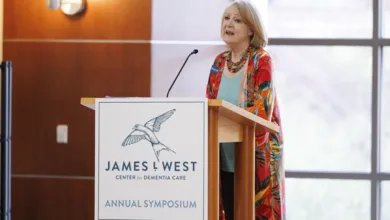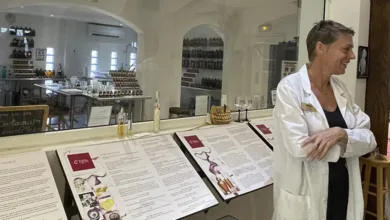How Menstrual Cycles Change With Age
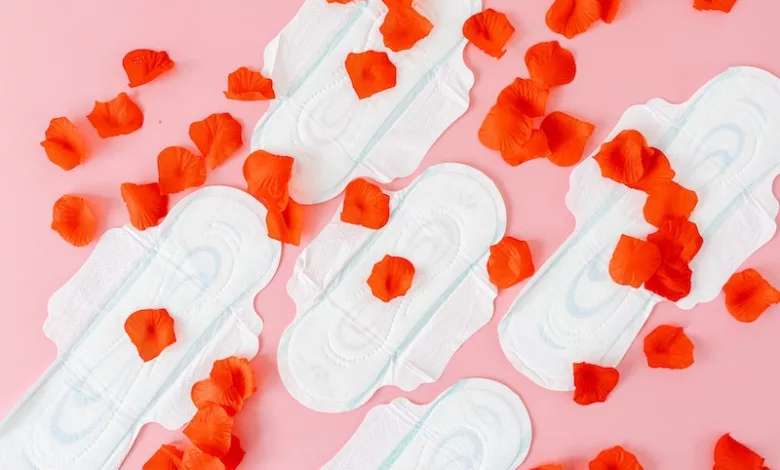
As you grow older, you’ll notice that your body is not functioning as before. This is especially true if you’re a woman used to regular monthly cycles. However, there’s no need to worry as this is normal and bound to happen sooner or later. Here is how your menstrual cycles change with age.
Your Cycles Get Shorter and Less Frequent
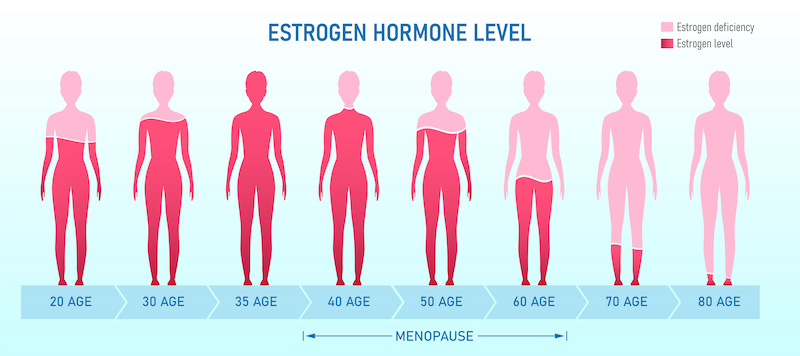
In your younger years, you’re used to preparing for your inevitable monthly period that lasts five days on average. However, as your menstrual cycles change with age, you’ll notice that they get shorter and less frequent. This is not something to worry about, especially if you’re in your 40s to early 50s. During this time, your ovaries are pulling the reins on estrogen production, a hormone responsible for your menstrual cycles.
This is known as perimenopause, a phase wherein the body adjusts itself for your inevitable menopause. It can last for seven years on average, characterized by lighter cycles than normal. Similarly, your cycles can also get scant after having a child. Due to the cervical opening getting stretched during childbirth, long-term changes to your period occur as you grow older.
Menstrual Cramps Improve for the Better (or the Worst)

If you’re one of the lucky ones who rarely have menstrual cramps, you may experience a sudden turn of events as you age. Similarly, those who always have the period bug during their monthly cycle may find relief as they grow older. Both scenarios are possible, especially if you’re a woman above the 40s threshold. Worry not, though, because this stage also means that your flow will show up less often, so you don’t have to deal with monthly pain.
To improve your period cramps, you can start to sneak exercise into your day. You don’t have to do taxing ones that may be too much for your age. A simple yoga session or a brief twenty-minute walk will do the trick in relieving your discomfort. Tip: do these outdoors or somewhere near nature and watch your whole system go into fully relaxed mode. Aside from the pain relief, you’ll also notice yourself getting a surge of happiness and positive energies.
As Menstrual Cycles Change with Age Your Fertility Declines
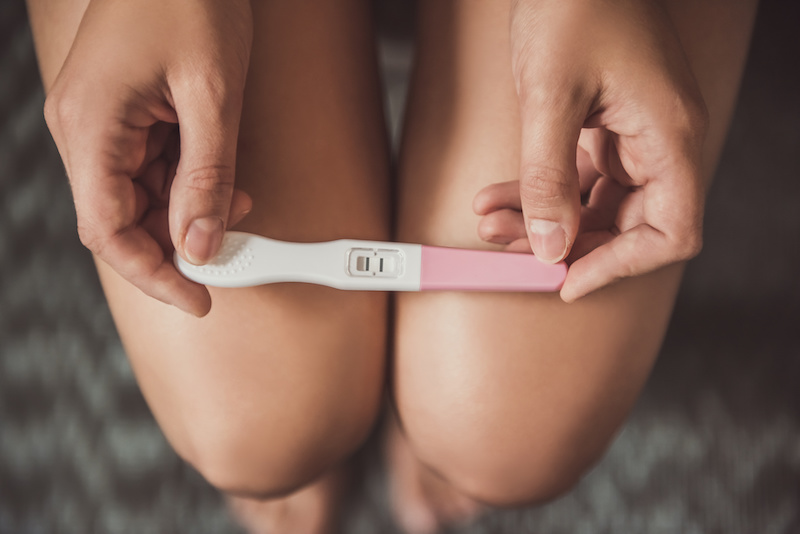
Women are the most fertile during their younger years, specifically in their late teens and 20s. However, your egg cell count declines as you age, eventually leading to the inability to conceive children. Aside from the decrease in your eggs’ quantity, their quality also drops as you grow older. It’s a natural process brought about by a woman’s biological composition, so there’s no way around it.
Don’t lose hope, though; menopause does not occur drastically. As such, you still have the chance to have a baby so long as you have your menstrual cycle. This means that even though you’re in your late 40s to early 50s, there is still a chance to get pregnant. It won’t matter how erratic your periods are; you can still conceive if your body releases an egg cell.
PMS and Mood Swings Become More Adamant
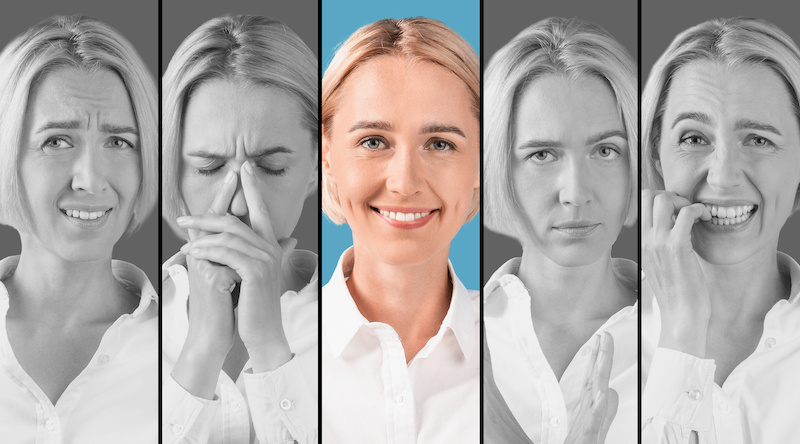
As you grow older and your menstrual cycles change with age, you’ll find that your hormones often go limbo. They fluctuate dramatically and greatly impact your mood, sleep, motivation, and other bodily functions. This is most often seen during your menstrual period and may even cause the worst PMS in your whole period history. Some women would even experience extreme sadness, though they were happy and smiling a moment ago.
During these delicate times, it’s important to be good to yourself. It’s easy to get overwhelmed by the surge of strange things on your menstrual cycle. However, remember that all that is occurring in your body is normal, especially as it’s preparing for a transition as you age.
Your Flow Gets Unpredictable
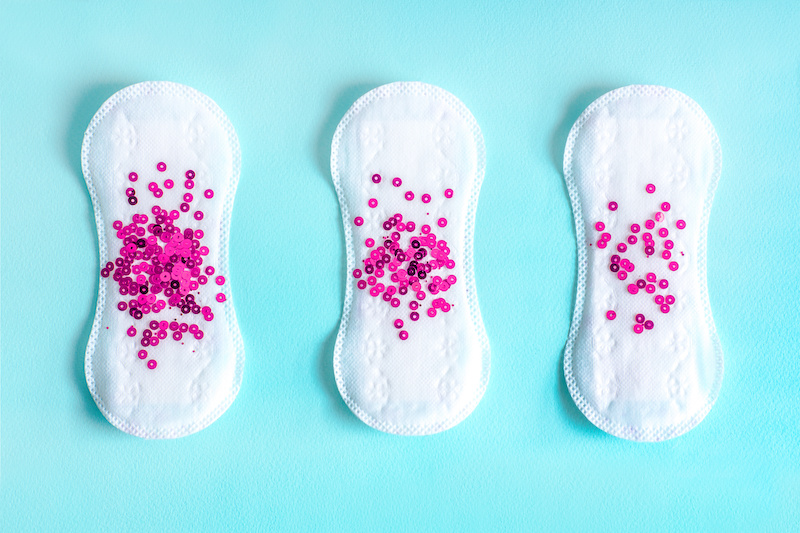
As your menstrual cycles change with age, you’ll learn to throw the ‘normal’ out the window when talking about your menstrual cycle. Gone are the days when you could predict how long or how heavy your flow is based on a few body cues. Instead, expect it to be all random – it gets lighter, heavier, or a little wonky as time passes.
In some months, you may even experience your period coming closer together. That, or your egg won’t be released, making you skip your cycle for a month or two. This result in a heavier flow as your lining tends to be thicker during this time. Note that your estrogen and progesterone production get unpredictable as you age, so this is inevitable.
Acne Breakouts May Happen
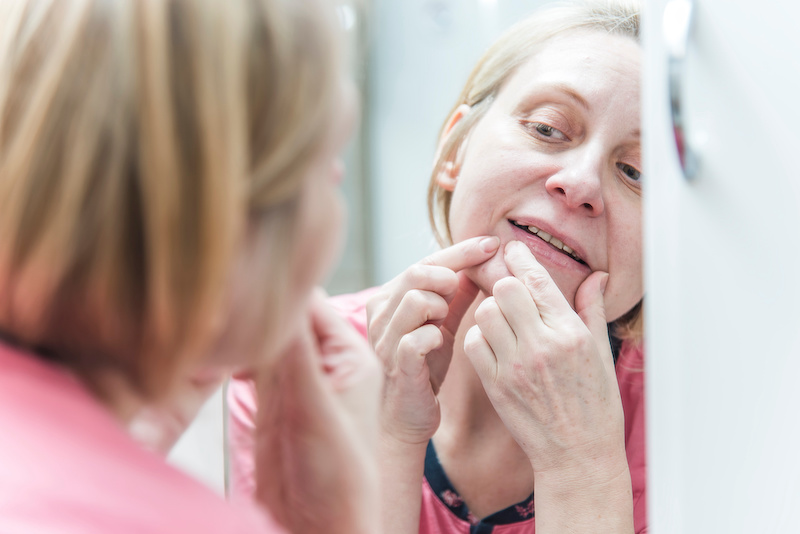
Consider your 40s to 50s the second coming of your teenage years. This means a ton of acne, hormonal fluctuations, and a whole lot of disbalance in the body. You’ll also have to deal with the signs of skin aging, especially if you’re one to skip out on sunscreen during your younger days.
You’ll find your hormones acting crazy as you reach old age. Pimples start sprouting on random parts of your face after all these years of not even seeing a single dot. You also begin to experience hot flashes randomly throughout the day. You’re not safe from night sweats either, which may lead to you not getting good-quality sleep.
Your Period Stops Coming
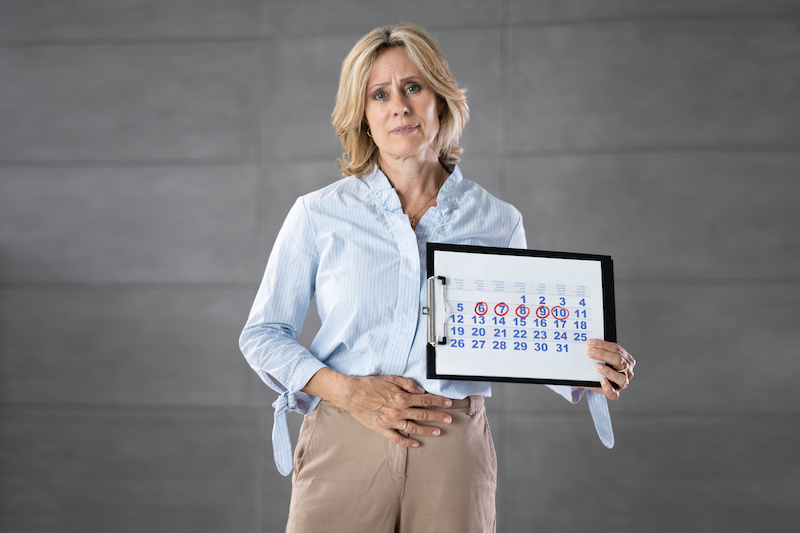
Skipping a period or two is not a big deal if you’re not as young as before. In fact, not having a regular monthly cycle is the norm if you’re in your 40s or beyond. However, if Aunt Flo has not visited you for twelve months in a row, you may need to throw your tampons and pads into the bin. Not having your period for a consistent year may mean you’ve reached another life milestone: menopause.
With it gone, bid farewell to emotional rollercoasters, stress incontinence, and every worry you’re used to getting. You can step out in style and wear anything without worrying about leaks. As a bonus, you get to save money from buying your period necessities, including cravings that came out of nowhere.
To Wrap It Up
Your menstrual cycle is a process that won’t stay the same as you grow older. It will inevitably go through changes whether you like it or not. You may find yourself with severe PMS, mood swings, or even reliving the acne breakouts of your teenage years. There’s no need to fret, though – it’s something normal you can easily get through so long as you learn to be kind to yourself.


